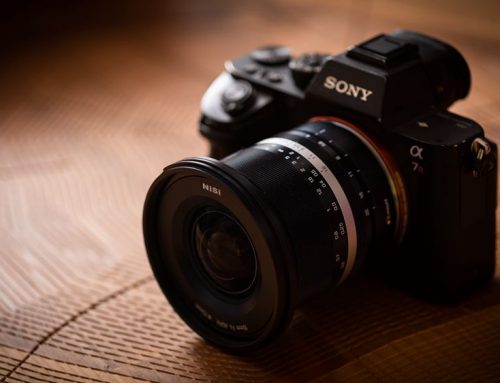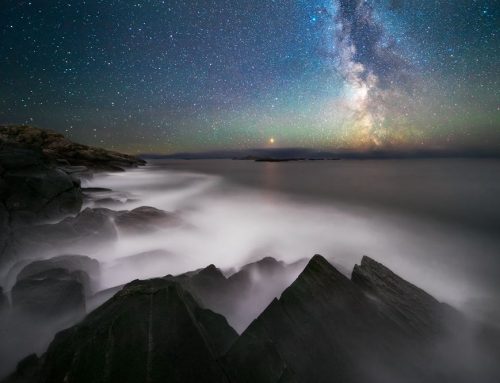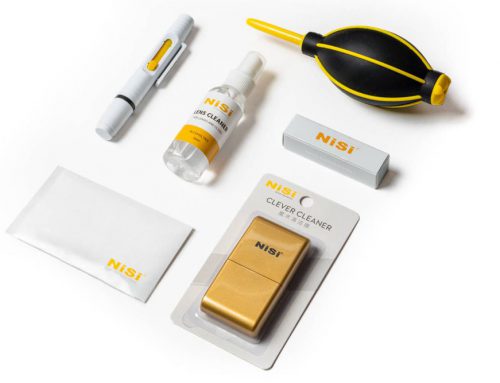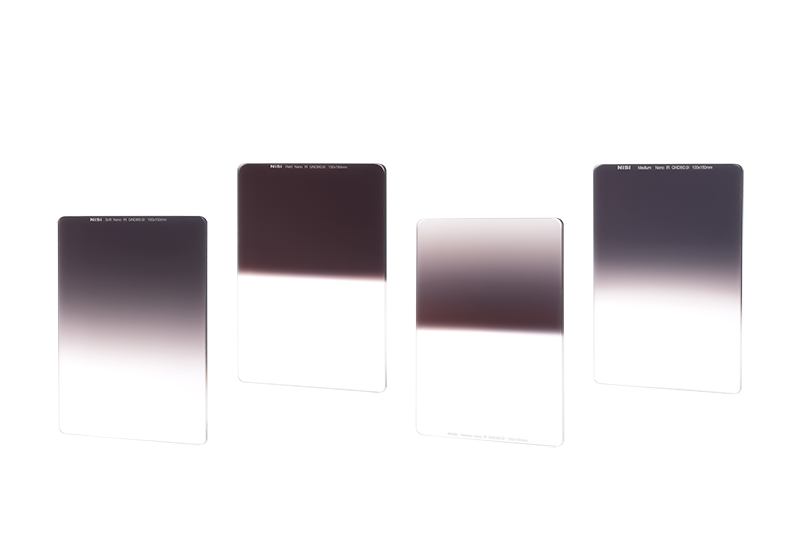

Medium GND
Medium edged GNDs are similar to soft edged GNDs except that the transition is less gradual. These filters are very versatile and can be used in most situations shooting into and away from the light. Elements which protrude above the horizon can be darkened by this filter but usually not noticeably so.
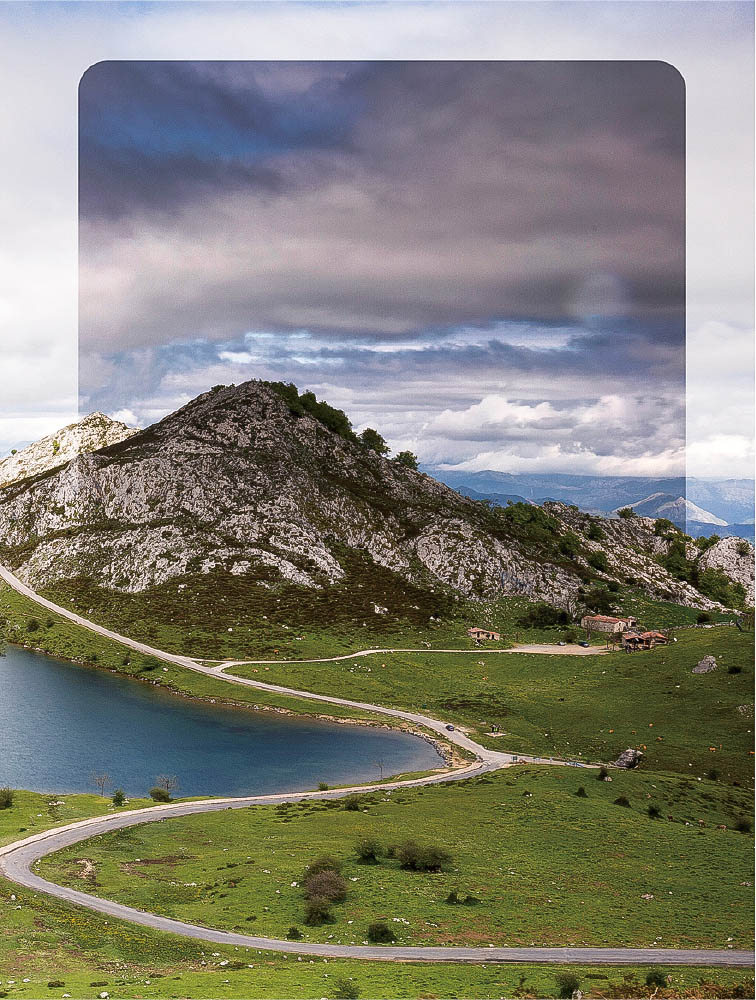
Soft GND
Soft edged GNDs have a very gradual transition from dark to clear. This type of filter is most appropriate for scenes which have a gradual or interrupted transition from foreground to sky. The best examples of scenarios where a soft GND would be used include: alpine scenery with mountains crossing the horizon line, dramatic rock formations (sea stacks) in a seascape. Generally, these filters are best used when shooting away from the direct light source.
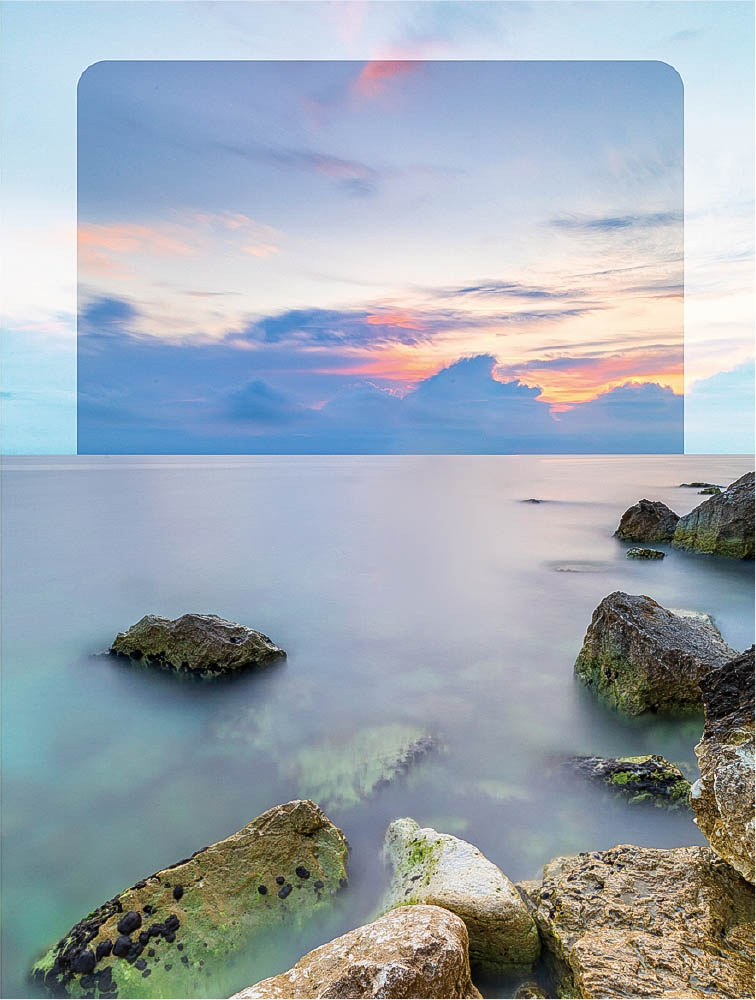
Hard GND
Hard edged GNDs have a sudden transition from dark to clear. This type of filter is most appropriate for scenes which have a sudden transition from foreground to sky. Most commonly, this would include landscapes with no elements protruding above the horizon such as a seascape looking toward the open ocean. They can be used shooting into direct light where a sharp transition is needed. When used shooting away from the light, they can produce very moody and dramatic skies. Avoid using them where elements protrude above the horizon since those elements will appear very dark above the transition line in your image.
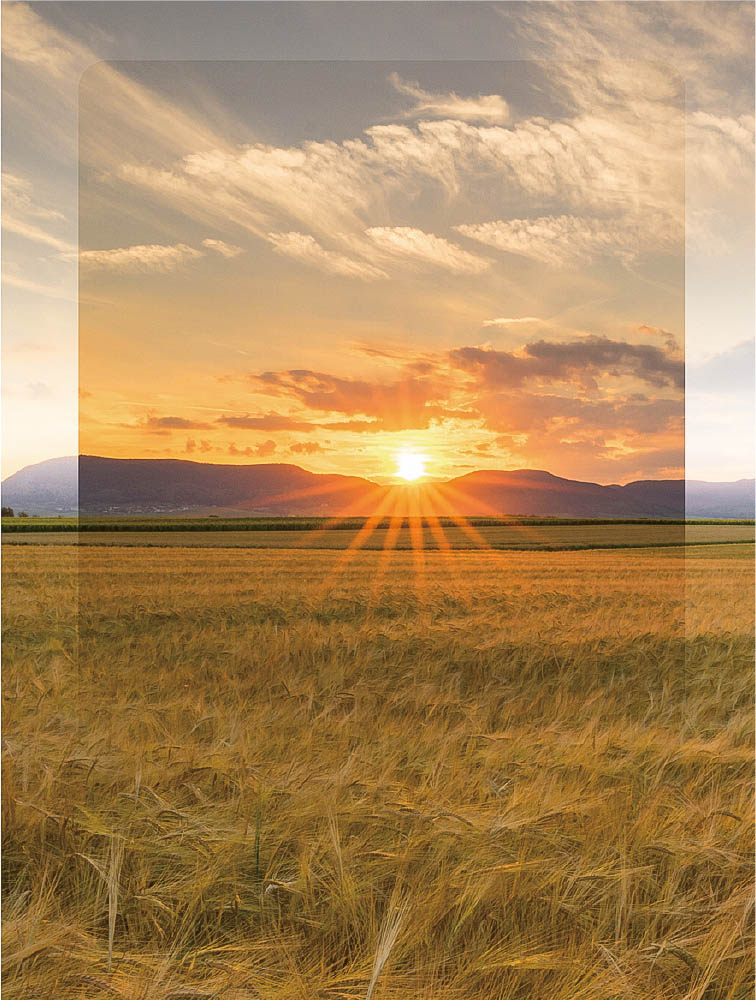
Reverse GND
Reverse edged GNDs are similar to hard edged GNDs except that the darkest part of the filter is at the transition point. These filters have a specific use for shooting at the light source where the light is harshest at the horizon and tapers off toward the sky.
Scenes where GNDs are less useful
GNDs are less useful when the light source is inconsistent throughout the scene, such as in a forest or shooting from within a canyon.
by Dylan Toh


